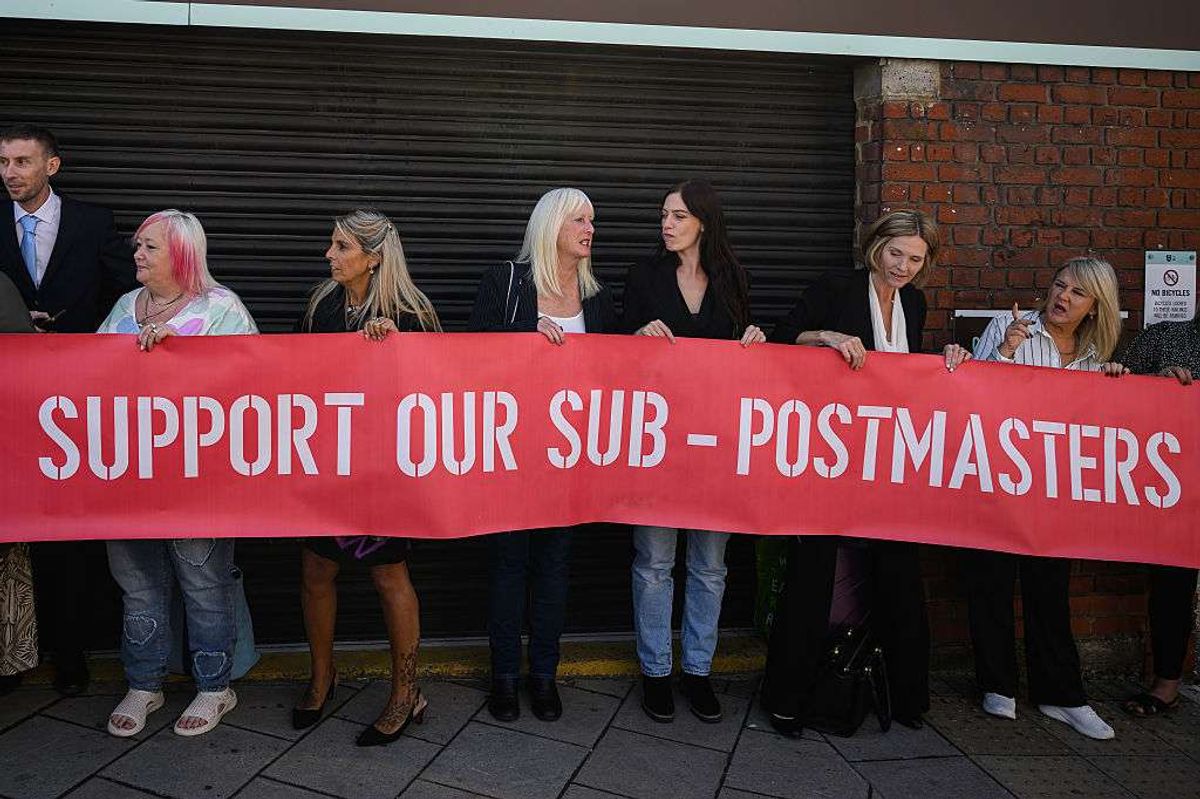The Restorative Justice Council (RJC) has published its first report on the Horizon Project, marking a key milestone in the process of rebuilding trust with postmasters affected by the Post Office Horizon IT scandal.
Titled Rebuilding Trust – The Step Toward a Restorative Future, the report outlines the next phase of restorative justice activities between November 2025 and March 2026. The programme aims to give victims a voice, support emotional healing, and prepare the Post Office, Fujitsu, and the Department for Business & Trade (DBT) for direct restorative dialogue.
The announcement signals tangible progress in efforts to address the long-running miscarriage of justice that saw hundreds of subpostmasters wrongly accused and prosecuted.
From November, a Restorative Well-Being Service will launch, offering confidential one-to-one support from trained practitioners. This will be complemented by additional listening sessions – online sessions with the children of those affected and in-person circles for individuals who were previously unable to attend – and group-based restorative circles where affected individuals can communicate with organisational representatives.
The RJC will also pilot postmaster community-building and well-being initiatives in Northern Ireland, creating peer-led support groups to promote recovery and resilience among postmasters and their families.
RJC chief executive Jim Simon said the project represents “a step toward genuine healing and accountability.”
“Restorative justice is not just about addressing past harms; it’s about creating a safe and compassionate space for individuals to share their stories and begin their healing journeys,” he said.
“By actively listening and acting with integrity, we can create a programme that empowers individuals harmed by this scandal to begin their healing process while ensuring that institutions confront and learn from past harms.”
The initiative forms part of a wider response to Recommendation 19 of the public inquiry into the Horizon scandal, which called for the development of a restorative justice programme by October 2025.
In a joint statement, the DBT, Fujitsu Services Limited, and Post Office Limited reaffirmed their commitment to a “postmaster-led” process, acknowledging that “a general apology is nowhere near sufficient.”
“We are committed to working with the Restorative Justice Council to lay a firm foundation for direct and personal apologies where we can, and to support a long-term restorative justice programme to make amends in other ways,” they said in the statement.
The statement confirmed Fujitsu will fund the new restorative listening and wellbeing service, while the three organisations continue to work with the RJC through to March 2026 to expand engagement, including with children and families of victims.
Post Office Minister Blair McDougall said the next phase must remain independent and “postmaster-led.”
“As we move forwards to the next chapter of restorative justice work, it is vital that this process is independent and postmaster led,” he said. “The Restorative Justice Council’s expertise makes them ideally placed to deliver this for victims, as we step towards righting past wrongs and ensuring justice is finally served.”
Post Office CEO Neil Brocklehurst added that the organisation “must now act – together with DBT and Fujitsu – to establish a lasting and meaningful restorative justice programme which is directly informed by the wishes of those who were harmed.”
Fujitsu CEO Europe Paul Patterson said the company “deeply regrets” its role in the suffering caused and supports a process that “ensures lessons are learned.”
The insights gathered from the RJC’s pilot schemes will inform the design of a full national restorative justice programme, expected to launch in April 2026. An updated progress report will be published in January.


